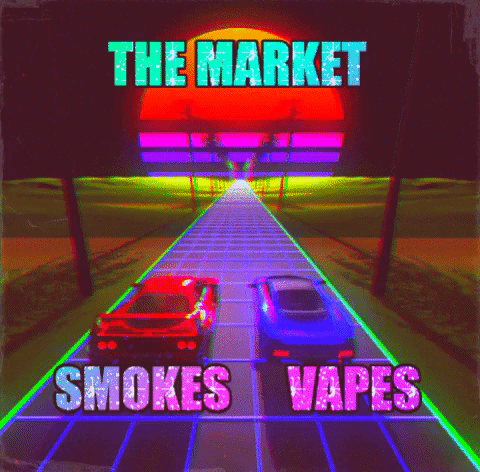Juul bolsters it's bank roll as it prepares to attempt to

take over the rest of the worlds vaping and smoking cessation market. Earlier this week e-cigarette giant JUUL Labs filed paperwork with the SEC disclosing it raised $325 million in a transaction consisting of an unspecified blend of equity and debt. An unnamed source told Reuters that “Juul sold convertible debt in a bridge financing to bolster its balance sheet.”
According to the filing, four investors contributed capital to the private securities offering, which took place earlier this month. Additionally JUUL Labs has raised over $14 billion in combined equity and debt funding to date, the majority of which came from Marlboro maker Altria Group, which purchased a 35 percent stake in Juul for $12.8 billion earlier last year.
JUUL Labs is seeking to expand the reach of its nicotine vaporizer products abroad, mostly due to a changing regulatory climate in its home markets, which is a nice way of saying the United States isn't being the most hospitable to vape and eLiquid businesses.
JUUL Labs isn’t hilariously allowed to sell its product in the city where it’s based, because in June San Francisco city officials placed a ban on the sale of electronic cigarettes and related products within city limits. The ordinance cites research from the Centers for Disease Control and Prevention on rising nicotine use among U.S. middle and high school students, yet they didn't even consider banning cigarettes.
On a federal level, tobacco and other nicotine products are still under the jurisdiction of several regulatory agencies. A 2016 federal ruling from the Food and Drug Administration and the Department of Health and Human Services expanded the scope of tobacco and nicotine products, “but not their accessories,” that are subject to an upcoming premarket review by said regulators. Nicotine-containing gels and liquids, such as those used in electronic cigarettes, are currently subject to premarket review by the FDA.
In March 2019, the FDA, HHS, and the Center for Tobacco Products issued guidance on flavored tobacco and other nicotine delivery products. A statement from former FDA commissioner Scott Gottlieb states that some flavored nicotine products like e-cigarette liquids and tobacco cigars “will no longer be sold” as a result of the new regulations. He then also promptly quit his job and now we have a new guy who's basically on the exact same track of anti-vaping nonsense.
On an earnings call in January 2019, representatives from Altria told analysts that Juul’s 2018 revenue was $1.3 billion and expects to grow sales by 160% through the end of 2019. Altria CEO Howard Willard “anticipates 26 percent of sales will come from international customers by the end of this year,” according to reporting from Bloomberg.
What do you think about Juul's ambitious expansions? Is it simply straight capitalistic motives that fuels their direction or is it because the US is so hostile to vape right now? Where will this crazy vape roller coaster ride end up taking the world of vaping?





